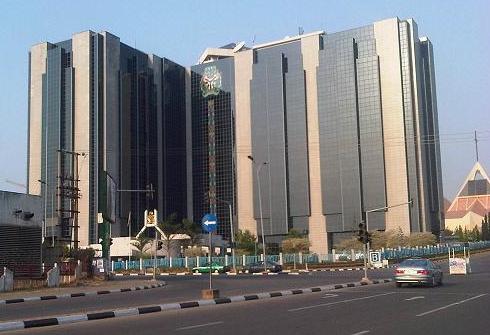Analysts have condemned the federal government over the court order it obtained to enable it take over the account balances of bank customers without Bank Verification Number (BVN).
The federal government at the weekend obtained the court order subsequent to the release of the release of the Guideline for BVN by the Central Bank of Nigeria.
However, analysts reacting to the move on Tuesday said while banks would have to obey the order, it would be to the detriment of the customers particularly those in the rural areas.
Managing Director and Chief Executive of Cowry Assets Management Company Limited, Johnson Chukwu, told The Next Edition that although the government was justified in its fight against corruption, the order should not be a blanket one.
According to him, the government ought be mindful of how the order would affect “innocent uninformed Nigerians like rural dwellers and highly uneducated people who may not be aware of the issue and they have their small deposit with the banks which they have left there for five to 10 years.”
“Also we have the issue of people who are late and whose families have not been able to obtain letters of administration to take over their assets. I think for the sake of those two groups, the government should apply for a variation of that court order, and that variation may require that the account holders given up to seven years to present proof of their ownership,” he said.
He urged that the government segmented the accounts without BVN into two, saying “one group would be the low balances that most likely are related to rural dwellers and customers who are dead.
“The other segment is the large balances which would ordinarily relate to account of people who do not want to be identified with the balances. The government should focus on those large balances.”
Chukwu noted that his grouse with the court order “is not the confidentiality because the government has approached it from a legal perspective. The challenge is that of equity and fairness and it comes to the issue that do we think the affected people all have the information about the BVN.”
READ ALSO: Coronation Merchant Bank appoints Komolafe as ED
On his own part, Mazi Okechukwu Unegbu, an arbitrator, stockbroker and a former banker noted that on the issue of legality, the court order was not the right one.
According to him, the Section 3 of the Money Laundering Act which was being referred to “has nothing to do with BVN.”
He added that “Anybody reading the issue of BVN on that account does not understand the law. Even at that you cannot make an order that is imprecise; there is nothing in our law that says such a thing. I know the government wants to control corruption but you must identify the person you want to hold, therefore legally it is a bad court order, even though we must obey it.
“From the non-legal angle, banking is a confidential business. When you go to open an account, everything about what to do about that account is on that form except for the current ones, there is no provision for BVN.
“In other words except there is a criminal aspect or at the instruction of that person or there is a proper legal court order, you cannot reveal the account of any person to a third party, it doesn’t matter who. And therefore it is confidential between the bank, which is the principle of banker customer relationship. So, if any bank does, that bank will put itself under some liability.
“However there is no doubt that this is a court order, good or bad, it is a court order and therefore they are likely to obey that court order and in obeying that court order they also have a liability to protect their customer. When you are given that court order, you must address the particular customer that you need their information. You cannot give that order to the world. They can’t involve everyone, there must be an identified party.”










